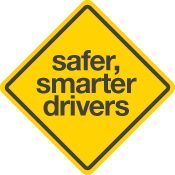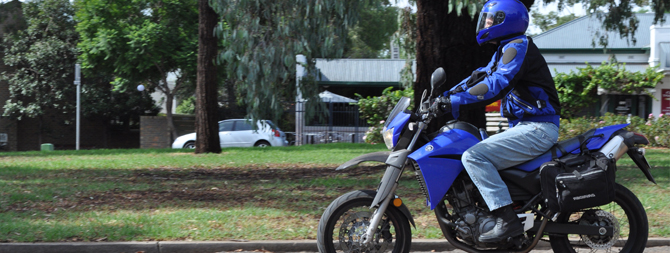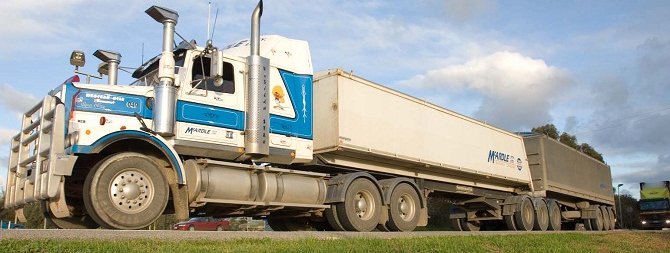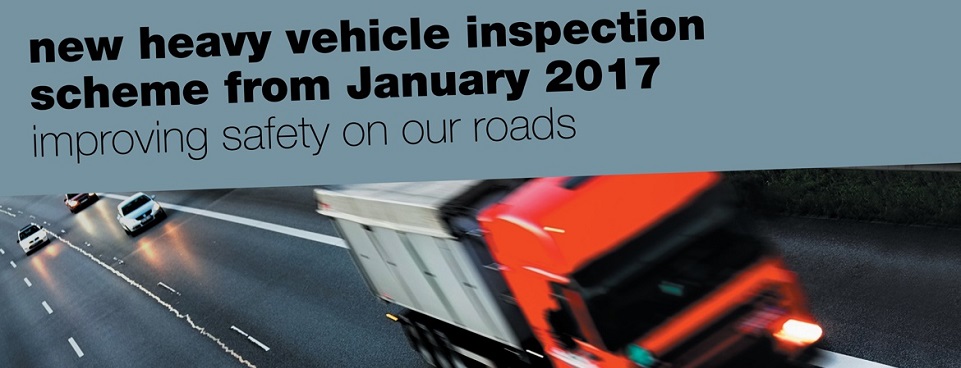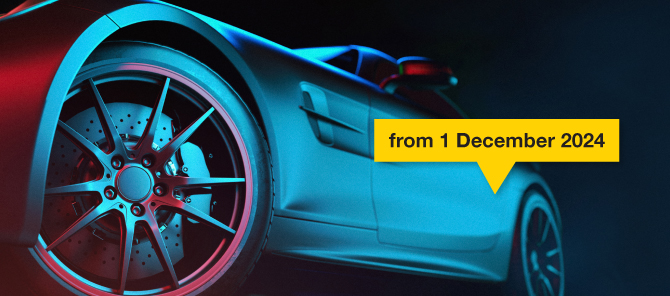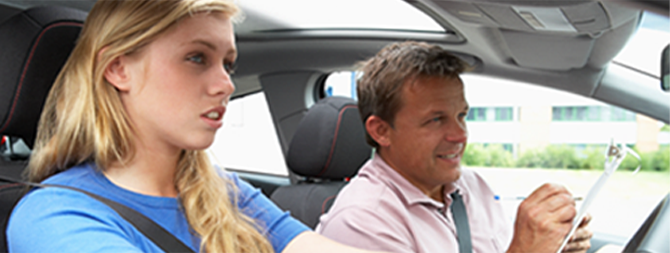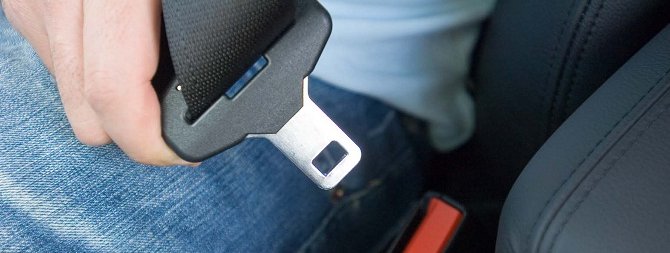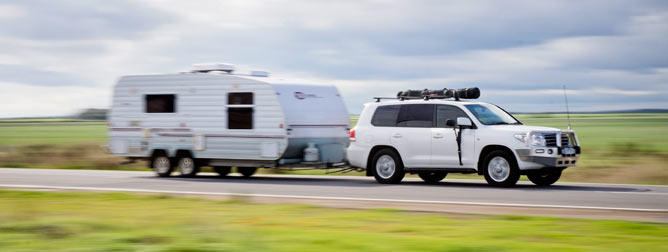My car licence
Older drivers
As we age we generally adapt well to any loss or reduction in sensory abilities, such as vision and hearing. However, increasing age may affect our physical fragility, perception of and response to hazards and our ability to recover from injury.
Safe driving tips for older drivers
- If you feel at any time that you are not in a fit state to drive, then do not drive. If you feel your health and general fitness are not sufficient to continue driving, you should consult your doctor.
- Always wear a seatbelt. Wearing a seatbelt doubles your chances of surviving a serious crash. The law requires all drivers and passengers to wear a seatbelt or child restraint, regardless of age.
- Take extra care at intersections and avoid distractions. The common crash types for older drivers are right turn crashes and crashes due to disobeying a traffic signal or sign.
- Check the safety rating of your vehicle. While older drivers have relatively few crashes, they are much more likely to be severely injured or killed in a crash. A car with an ANCAP 5 star safety rating could provide increased protection if a crash occurs.
- Consider public transport. Some more hazardous or unfamiliar trips might be better undertaken by alternative transport rather than driving. Choosing to use alternative transport compares favourably to the annual cost of running a car, especially when transport discounts and concessions are taken into account. Often using alternative transport is less stressful and is more convenient, especially when travelling to major shopping centres or to the city of Adelaide.
Moving Right Along
Moving Right Along: Obligations and Opportunities for Older Drivers is a resource for communities, individuals, families and friends that provides information about issues facing older drivers, driving safely and alternatives to driving.
Moving Right Along provides details about:
- maintaining the ability to drive safely and effectively for longer
- the effects that ageing, medical conditions and medications have on driving
- maintaining mobility and preparing to drive less or giving up driving altogether
- helping a family member or friend face the issue of reducing or giving up driving
- fitness to drive, the Driver Medical Assessment and Practical Driving Assessment
- the legal obligations of licensed drivers in South Australia
- motorised mobility scooters.
Are you worried about someone's driving?
It can be difficult to know what to do if you have concerns about someone’s driving.
For tips and information for family members, friends and others about things to consider, click here.
Deciding to no longer drive
As we get older a day may come when we decide that we can no longer drive safely.
Please contact your doctor to discuss your fitness to drive or contact Service SA if you wish to cancel your driver's licence.
More information
- Read more about Medical Fitness to Drive assessments
- Read more about the Moving Right Along: Obligations and Opportunities for Older Drivers (PDF, 2.5 MB) resource.



